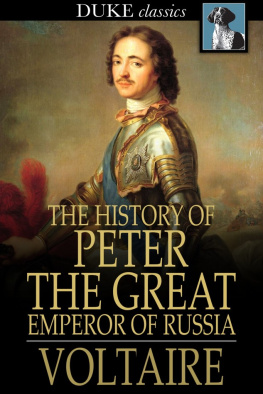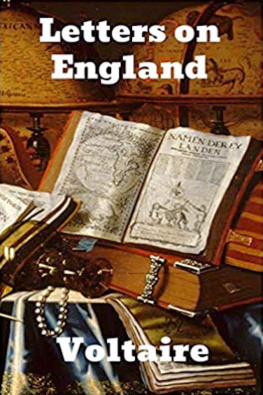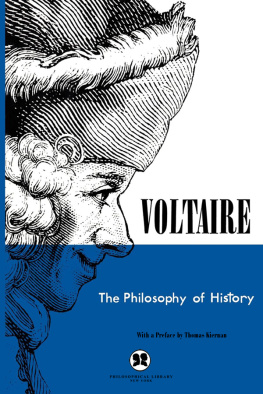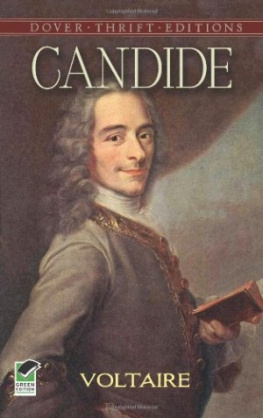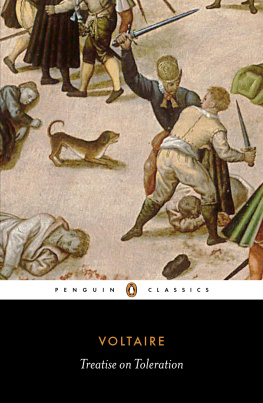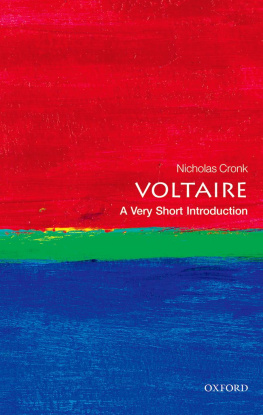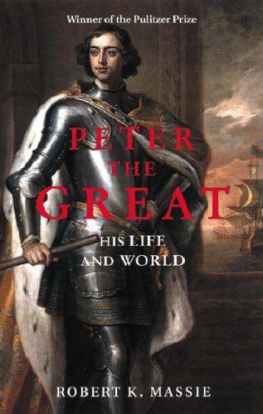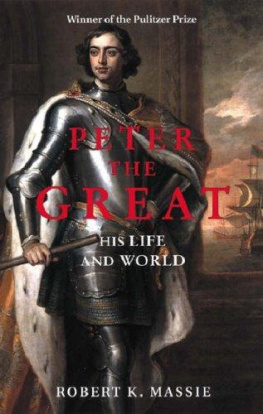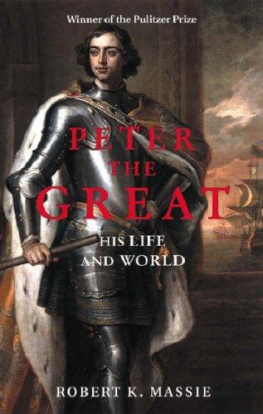THE HISTORY OF PETER THE GREAT
EMPEROR OF RUSSIA
* * *
VOLTAIRE
Translated by
TOBIAS SMOLLETT
*
The History of Peter the Great
Emperor of Russia
First published in 1845
ISBN 978-1-63421-300-4
Duke Classics
2014 Duke Classics and its licensors. All rights reserved.
While every effort has been used to ensure the accuracy and reliability of the information contained in this edition, Duke Classics does not assume liability or responsibility for any errors or omissions in this book. Duke Classics does not accept responsibility for loss suffered as a result of reliance upon the accuracy or currency of information contained in this book.
Contents
*
Chapter I
*
Description of Russia
The empire of Russia is the largest in the whole globe, extending fromwest to east upwards of two thousand common leagues of France, andabout eight hundred in its greatest breadth from north to south. Itborders upon Poland and the Frozen Sea, and joins to Sweden and China.Its length from the island of Dago, in the westernmost part of Livonia,to its most eastern limits, takes in near one hundred and seventydegrees, so that when it is noon in the western parts of the empire, itis nearly midnight in the eastern. Its breadth from north to south isthree thousand six hundred wersts, which make eight hundred and fifty ofour common French leagues.
The limits of this country were so little known in the last century,that, in 1689, when it was reported, that the Chinese and the Russianswere at war, and that in order to terminate their differences, theemperor Camhi on the one hand, and the czars Ivan or John, and Peter,on the other, had sent their ministers to meet an embassy within threehundred leagues of Pekin, on the frontiers of the two empires, theaccount was at first treated as a fiction.
The country now comprehended under the name of Russia, or the Russias,is of a greater extent than all the rest of Europe, or than ever theRoman empire was, or that of Darius subdued by Alexander; for itcontains upwards of one million one hundred thousand square leagues.Neither the Roman empire, nor that of Alexander, contained more thanfive hundred and fifty thousand each; and there is not a kingdom inEurope the twelfth part so extensive as the Roman empire; but to makeRussia as populous, as plentiful, and as well stored with towns as oursouthern countries, would require whole ages, and a race of monarchssuch as Peter the Great.
The English ambassador, who resided at Petersburg in 1733, and who hadbeen at Madrid, says, in his manuscript relation, that in Spain, whichis the least populous state in Europe, there may be reckoned fortypersons to every square mile, and in Russia not above five. We shall seein the second chapter, whether this minister was mistaken. MarshalVauban, the greatest of engineers, and the best of citizens, computes,that, in France, every square mile contains two hundred inhabitants.These calculations are never very exact, but they serve to shew theamazing disproportion in the population of two different countries.
I shall observe here, that from Petersburg to Pekin, there is hardly onemountain to be met with in the route which the caravans might takethrough independent Tartary, and that from Petersburg to the north ofFrance, by the road of Dantzic, Hamburg, and Amsterdam, there is noteven a hill of any eminence to be seen. This observation leaves room todoubt of the truth of that theory, which makes the mountains to havebeen formed by the rolling of the waves of the sea, and supposes allthat is at present dry land, to have been for a long time covered withwater: but how comes it to pass, that the waves, which, according to thesupposition, formed the Alps, the Pyrenees, and Mount Taurus, did notlikewise form some eminence or hill from Normandy to China, which is awinding space of above three thousand leagues? Geography, thusconsidered, may furnish lights to natural philosophy, or at least giveroom for rational doubts.
Formerly we called Russia by the name of Muscovy, from the city ofMoscow, the capital of that empire, and the residence of the granddukes: but at present the ancient name of Russia prevails.
It is not my business in this place to inquire, why the countries fromSmolensko, to the other side of Moscow, were called White Russia, or whyHubner gives it the name of Black, nor for what reason the government ofKiow should be named Red Russia.
It is very likely that Madies the Scythian, who made an irruption intoAsia, near seven hundred years before our vulgar ra, might have carriedhis arms into these regions, as Gengis-Khan and Tamerlane didafterwards, and as probably others had done long before Madies. Everypart of antiquity is not deserving of our inquiries; that of theChinese, the Indians, the Persians, and the Egyptians, is ascertainedfrom illustrious and interesting monuments; but these monuments supposeothers of a far more ancient date, since it required many ages to teachmen the art of transmitting their thoughts by permanent signs, and noless time was required to form a regular language; and yet we have nosuch monuments even in this polite part of Europe. The art of writingwas a long time unknown to all the North: the patriarch Constantine, whowrote the history of Kiow in the Russian language, acknowledges, thatthe use of writing was not known in these countries in the fifthcentury.
Let others examine whether the Huns, the Slavi, and the Tartars,formerly led their wandering and famished tribes towards the source ofthe Boristhenes; my design is to shew what czar Peter created, andnot to engage in a useless attempt, to clear up the chaos of antiquity.We should always keep in mind, that no family upon earth knows its firstfounder, and consequently, that no nation knows its first origin.
I use the name of Russians to designate the inhabitants of this greatempire. That of Roxolanians, which was formerly given them, would indeedbe more sonorous, but we shall conform to the custom of the language inwhich we write. News-papers and other memoirs have for some time usedthe word Russians; but as this name comes too near to that of Prussians,I shall abide by that of Russ, which almost all our writers have giventhem. Besides, it appeared to me, that the most extensive people on theearth ought to be known by some appellation that may distinguish themabsolutely from all other nations.
This empire is at present divided into sixteen large governments, thatwill one day be subdivided, when the northern and eastern countries cometo be more inhabited.
These sixteen governments, which contain several immense provinces arethe following:
LIVONIA.
The nearest province to our part of the world is that of Livonia, one ofthe most fruitful in the whole North. In the twelfth century theinhabitants were pagans; at this time certain merchants of Bremen andLubeck traded to this country, and a body of religious crusaders, calledport-glaives, or sword-bearers, who were afterwards incorporated inthe Teutonic order, made themselves masters of this province in thethirteenth century, at the time when the fury of the crusades armed theChristians against every one who was not of their religion. Albert,margrave of Brandenburg, grand-master of these religious conquerors,made himself sovereign of Livonia and of Brandenburg-Prussia, about theyear 1514. From that time, the Russians and Poles began to dispute forthe possession of this province. Soon afterwards it was invaded by theSwedes, and for a long while continued to be ravaged by these severalpowers. Gustavus Adolphus having conquered it, it was then ceded to theSwedes in 1660, by the famous treaty of Oliva; and, at length, czarPeter wrested it from these latter, as will be seen in the course ofthis history.

